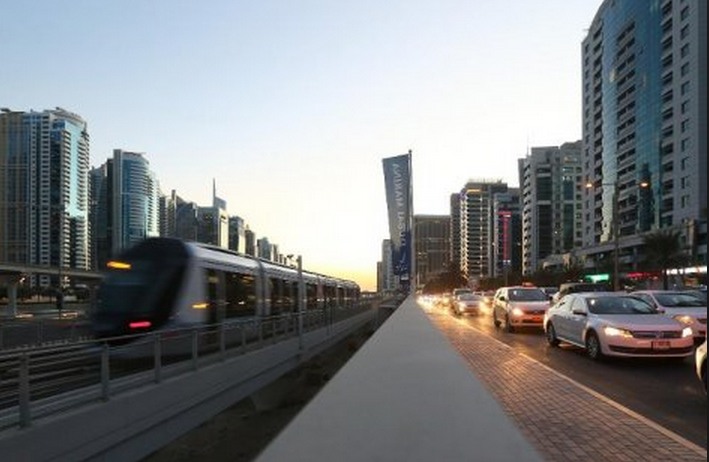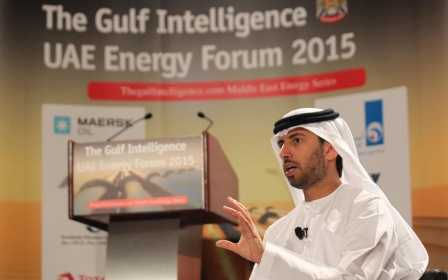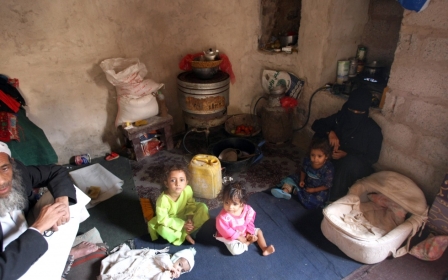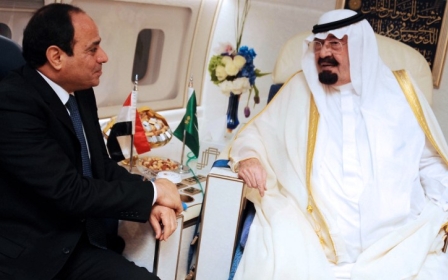Subsidy reform: UAE hikes petrol prices 24 percent but cuts diesel

The United Arab Emirates will hike the retail price of petrol by 24 percent, a government committee announced on Tuesday.
From Saturday, the price per litre of gasoline at the pump will be 2.14 dirhams ($0.58), which the committee said will still be low by international standards.
However, diesel prices will be cut by 29 percent to 2.05 dirhams ($0.56).
The committee said the prices will be adjusted each month.
The UAE, one of the world's leading petroleum producers, decided last week to end subsidies on fuel, a move that is expected to save billions of dollars a year, but some analysts warn could cause tensions, especially in poorer emirates like Ras al-Khaimah.
Fuel prices in the federation are already the highest of any of the six Gulf Arab states but still among the lowest in the world because of the heavy subsidy.
Energy Minister Suhail al-Mazrouei said last week the decision was "in line with international economic trends to liberalise markets and boost competitiveness". The moves comes at a convenient time globally, with energy prices expected to stay low in the short to medium term, which should ease the transition away from subsides.
Mazrouei said it would also cut fuel consumption and encourage greater use of environmentally friendly transport alternatives such as electric cars.
In 2013, the transport sector was responsible for 22 percent of harmful emissions in the UAE, the minister said.
Like in other Gulf states, the UAE's revenues have been hit hard by the sharp drop in crude prices since last year.
The IMF has forecast that the UAE will post a budget deficit this year - its first since 2009 - of 2.3 percent of gross domestic product, or around $9bn.
In January, Kuwait began selling diesel, kerosene and aviation fuel at market price but left heavy subsidies in place on petrol and electricity.
Bahrain and Oman, which are already posting budget shortfalls, have also said they plan to cut subsidies, especially on fuel although they have so far failed to do so.
OPEC kingpin Saudi Arabia, whose energy subsidies bill is estimated by the IMF at $108bn this year, is not planning any cuts. Petrol prices in the kingdom are the cheapest in the Gulf and among the lowest in the world.
New MEE newsletter: Jerusalem Dispatch
Sign up to get the latest insights and analysis on Israel-Palestine, alongside Turkey Unpacked and other MEE newsletters
Middle East Eye delivers independent and unrivalled coverage and analysis of the Middle East, North Africa and beyond. To learn more about republishing this content and the associated fees, please fill out this form. More about MEE can be found here.




